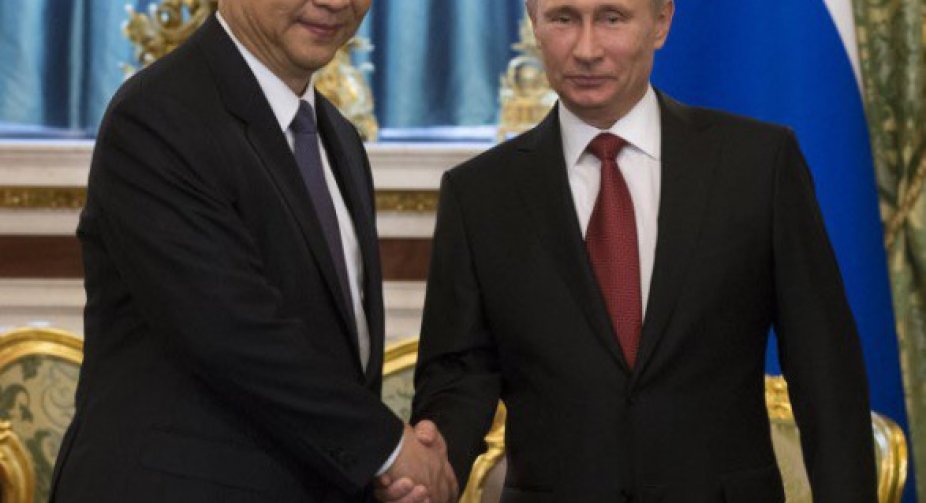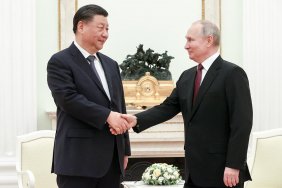Analysts at the Institute for the Study of War (ISW) report that Russian dictator Vladimir Putin's talks with Chinese President Xi Jinping in Moscow failed to secure the closer bilateral partnership he had hoped for with China.
"The second day of Chinese President Xi Jinping's visit to Russian President Vladimir Putin continued to show that Putin has failed to secure the unfettered bilateral partnership with China that he may have hoped for," ISW writes.
The joint statement of the People's Republic of China and Russia "on deepening comprehensive partnership and strategic cooperation, entering a new era", signed by Putin and Xi on March 21, sets out various bilateral intentions and confirms the commitment of the countries to each other's state sovereignty and territorial integrity, among other diplomatic ones. But the commitments he made to Xi and Putin were noticeably one-sided, indicating that the Chinese leader is agreeing to a more restrained version of Russian-Chinese relations than Putin probably wants, analysts say.
They also add that Xi praised Putin, reaffirmed China's commitment to Russia in the UN Security Council and strengthened the PRC's position on a "political settlement" of the war in Ukraine, while he did not follow through on such statements.
"Putin, on the other hand, announced a number of measures that show Russia's continued focus on and dependence on China in the energy and economic sectors, which seem very one-sided compared to Xi's relatively moderate commitments," the Institute said in a statement.
The Chinese leader has also signaled no intention to support Russia's war against Ukraine, beyond vague diplomatic assurances, likely a step back from what Putin had hoped to achieve in the talks, analysts say.
ISW also adds that Putin has probably failed to get exactly the kind of partnership he needs and wants. And Xi, most likely, will leave Moscow, having secured "more unilateral guarantees" than Putin assumed.
At the same time, Putin said that Russia and China had a "very meaningful and frank exchange of views" about the prospects for the further development of Russian-Chinese relations.
"Such rhetoric is clearly lacking in the wording typically used in diplomatic speeches to show that both sides have reached final and substantive agreements," the ISW added.

